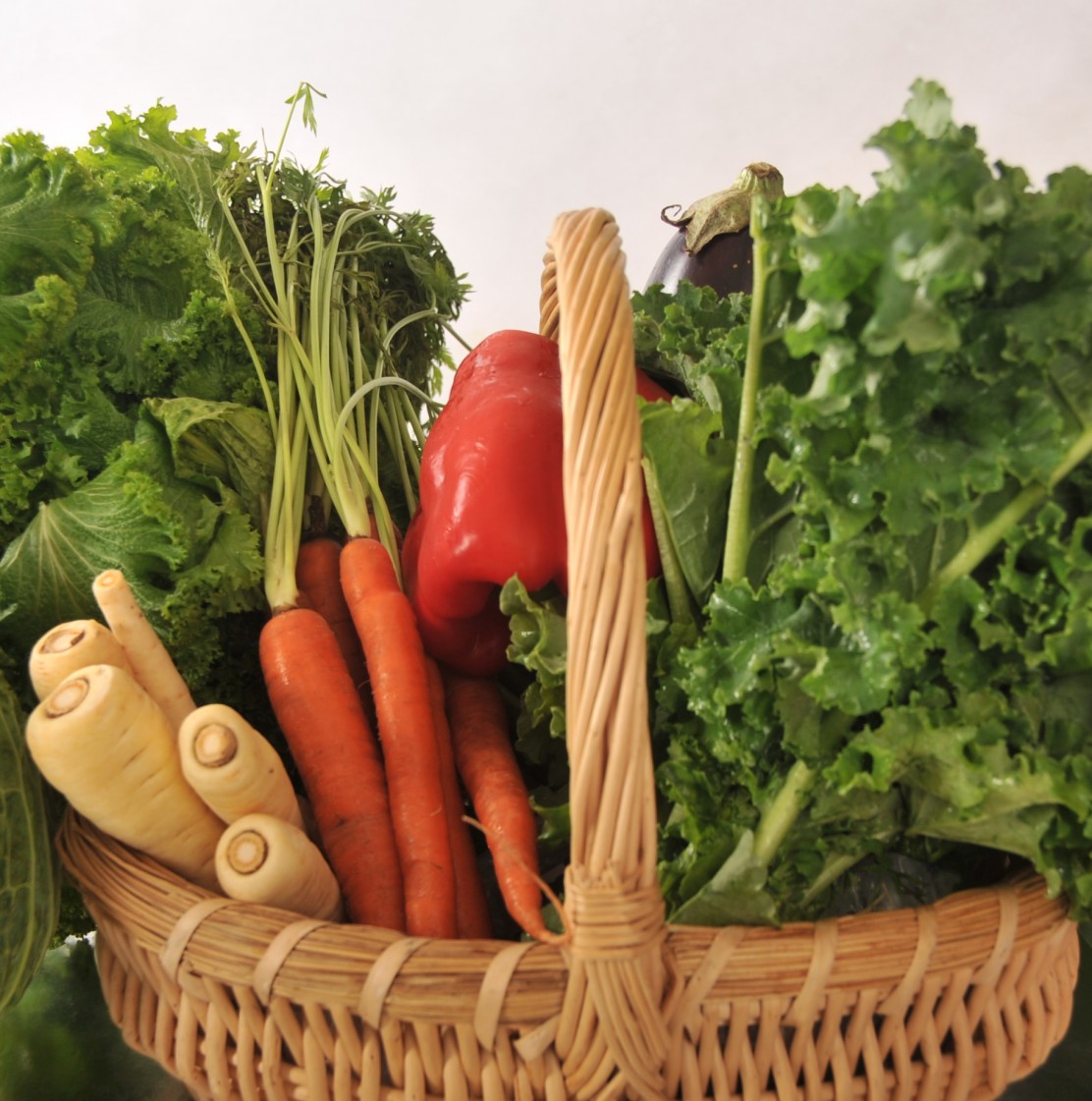Okay so here is what we know so far…….click here to read part one in case you missed it!
There is a connection between food intolerances and IBS.
Keeping a food journal can help you to make the connections between what you are eating and your IBS flare-ups.
Soluble and insoluble fiber can make a huge difference in your symptoms.
Sugar is a huge factor in perpetuating your IBS symptoms.
The importance of probiotics.
How important it is too eat smaller meals slowly so as not to overwhelm your digestive tract.
So, now let’s talk about other changes that you can make to get control of your IBS.
Limit the amount of fatty foods that you eat.
Red meat is a very common trigger that can cause a reaction instantly.
Some find that they feel better if they eliminate red meat all together.
Drink 6-8 glasses of water a day.
Water regulates the digestion as well as powers the muscles.
If you are dehydrated your digestive problems will be amplified.
Along with eating slower, eat foods that make digestion easier.
When you are experiencing a flare-up, eat food that has been processed in a way that makes it easier for your body to obtain the nutrients that it needs without working overtime.
Soups and smoothies are perfect for these times.
Along with the food irritants we discussed earlier, avoid alcohol, tobacco and gum.
Alcohol and tobacco are very acidic and will irritate your system.
Most gums contain artificial sweeteners and chemicals that just don’t sit well with a twitchy digestion.
Take a multi vitamin.
For many, IBS makes it hard for the body to absorb the proper nutrients.
While there is no substitution for real whole foods, help your body along during these tough times but adding a good multi.
Use herbs as medicine.
You don’t have to be a trained herbalist or go foraging in the rain forest to gain relief from herbs.
Here are a few that I recommend.
Peppermint is one of the oldest herbal remedies known to woman.
You can take it for indigestion, gas and nausea.
It has an anti-spasmodic action with a calming effect on the muscles of the stomach, intestinal tract and uterus.
It is an anti-bacterial.
It stimulates the gallbladder to secrete its store of bile which the body uses to digest fats.
It improves the muscles that line the stomach and intestines and relieves diarrhea and has a calming numbing effect on the whole GI tract.
It can be such a strong muscle relaxant that it can cause problems for people with GERD or heartburn.
Chamomile is considered an official drug in 26 countries.
It is an antispasmodic., anti-fungal, anti inflammatory, anti-peptic and has incredible sedative properties.
It has a dramatic calming affect on smooth muscle tissue, which makes it the perfect remedy for gastrointestinal spasm, and menstrual cramps.
Ginger is instrumental in helping to relieve many different gastrointestinal symptoms ranging from simple gas to severe nausea and cramps.
It provides relief for morning sickness, post chemotherapy nausea and has been shown to be more effective for preventing motion sickness than Dramamine.
If you have overeaten a meal, it has proven to be very helpful as it contains a very powerful digestive enzymes.
Ginger also tones digestive muscles.
Other herbs that play a role in digestive disorder relief are: fennel, caraway, anise, oregano and catnip.
As you can see there are foods that can cause your IBS flare-ups, foods that will help ease your issues, ways of eating as well as herbs that will go a long way to reduce the number of occurrences as well as the severity of the problems you are having with IBS.
If you want to learn more about your IBS symptoms and want to make the steps to be free of this limiting issue, forever, shoot me an email and let’s talk!



Very interesting!
-Ben
>